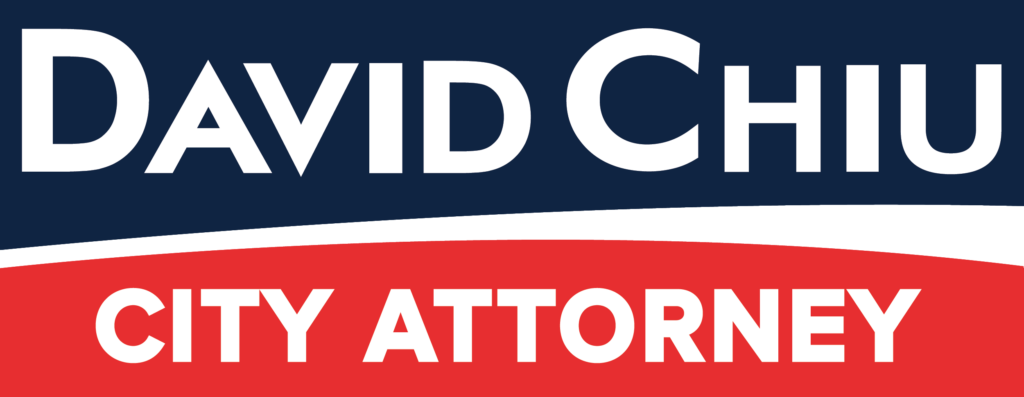Legislation would take immediate action towards transit operator integration leading to a more reliable experience for riders
San Francisco, CA—Assemblymember David Chiu (D-San Francisco) introduced a bill today to create a more seamless, unified Bay Area transit system. Assembly Bill 2057 would instruct Bay Area transit agencies to implement immediate, achievable steps to move toward a more seamless rider experience, and the bill would create a task force to work towards larger, structural changes that would lead to fuller integration among transit operators.
“Navigating our disjointed transit system can be an intimidating and frustrating experience for riders, which leads to less transit ridership overall,” said Assemblymember Chiu. “We need to put riders first and take steps to make our transportation system reliable, convenient, and intuitive.”
There are currently 27 independent transit agencies operating in the nine-county Bay Area. Transit agencies utilize different fare structures, discounts, loyalty programs, wayfinding apps, mapping, branding, and capital planning processes. The fragmented nature of service leads to a confusing and often chaotic experience for Bay Area commuters, residents, and visitors.
Agencies build transportation infrastructure separately, which can make transferring from one operator to the next difficult. A lack of schedule coordination between agencies can make transferring unreliable and can leave riders stranded. Taking a new transit operator can be intimidating because a rider needs to navigate the unique fare structure, nomenclature, and wayfinding mechanisms for each individual operator.
Despite substantial investment in transportation infrastructure over several decades, transit ridership in the Bay Area has not increased. Only 12 percent of the population have used transit to commute since 1970. Between 2016 and 2018, ridership across Bay Area public transit systems fell by 5.2 percent.
In comparison, regions that have high transit ridership, like Seattle or London, have highly integrated networks of local and regional transit services, aligned routes and schedules, coordinated transfers, high-quality transit hubs, and common branding and customer information.
AB 2057 would require Bay Area transit agencies to establish a universal local bus fare, create uniform transfer and discount policies for bus trips, design a single regional transit map, standardize wayfinding mechanisms, and report real time transit data. The bill would create a taskforce to determine how transit agencies could work towards achieving larger, structural reforms like complete fare integration, schedule coordination, capital planning, and project delivery standards. AB 2057 would also consider the use of future regional transit funds to advance reforms to establish a seamless Bay Area transit system.
AB 2057 is being sponsored by Seamless Bay Area.
“For several decades, our region has attempted, and largely failed to coordinate different transit systems through voluntary coordination,” said Ian Griffith, Seamless Bay Area’s Policy Director. “During that time we’ve seen transit ridership stagnate and decline. The public expects their public transit to work as one seamless, affordable, integrated system, and they want to see bold reforms that will get their public agencies to do this as soon as possible. They are tired of excuses of why it’s not possible. The Bay Area Seamless Transit Act is a critical first step to reforming our region’s transit to work as an integrated, rational network.”
AB 2057 is expected to be heard in the Assembly Transportation Committee in the spring.
